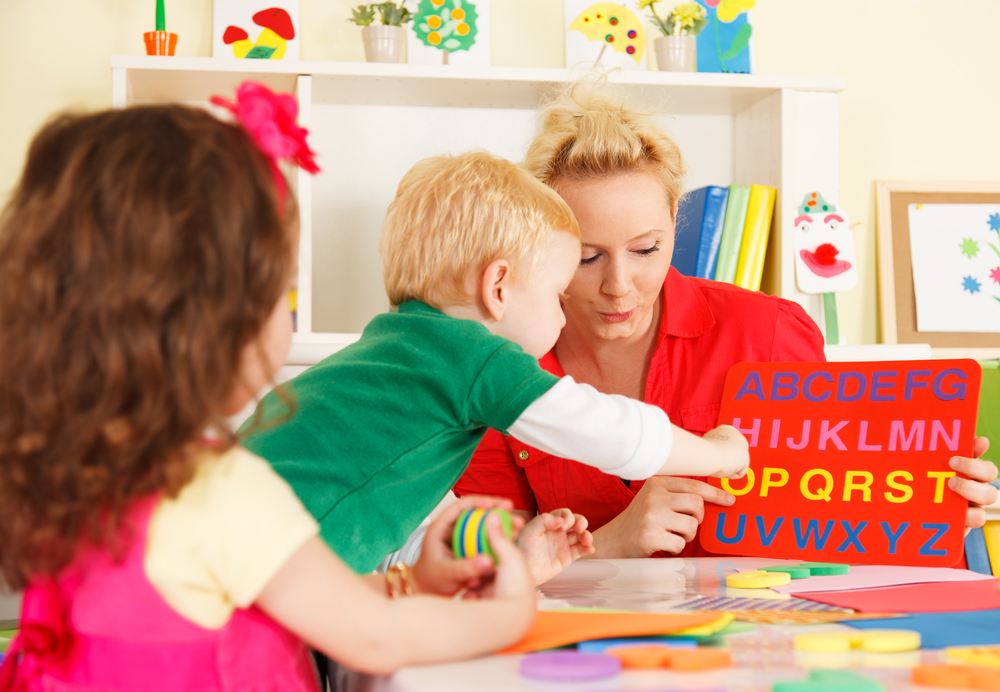Preschool Programs & Everything You Need To Know About It
Preschool Programs: Everything You Need To Know About It
The motive of having preschool programs is to help a child develop a wide range of skills, which are a prerequisite before they join a regular school. A preschool program will investigate, explore and discover the mindset of the child and help them expand their thinking capability by providing them with a conducive environment filled with fun activities, also keeping family expectations in mind.

Preschool programs not only deal with inculcating good values and habits, but also deal with behavioral issues of the children. The quality of teachers is also something to ponder on while opting for a preschool program. Preschool programs may be either publicly operated or privately operated. Course of study for pre-school children have been always been a debatable topic.
Much of the debate is for content and teaching ability. The extent to which content should be incorporated in the course of study and whether formal teaching methodology brings about astonishing results is something which is debatable. Proponents of an academic course of study tend to focus more on development of basic skills, especially language skills, numeracy and structured activities for achieving goals of learning and development. Globally, critics are not in favor of this type of learning and development in children. Critics also are not in favor of the education curriculum. They believe in a curriculum that supports a child’s overall development which includes health, emotional stability, physical development, spiritual well-being, social skills, intellectual development and ability to communicate with peers and parents.
A child must have the following skills before they join a school:
- The child must be able to interact with new people and must listen to people. They must be able to resolve arguments with their peers with minimum interference from adults. Thus, a child must possess necessary social skills to interact with his peers without any fear and build friendly relationship.
- Interaction is possible only if the child is comfortable with a language. The child must be able to use a variety of words for communication. Thus, he must have necessary language skills. A child learns from sound of the words and then slowly he can articulate and develop writing abilities.
- The child must be able to pay attention to details. He must have to ability to observe new events or objects with more attention and curiosity. They must be able to do simple activities and pay attention to what their peers say. Thus, the child must develop brain power so that they are able to hold information from what they listen.
- The child must feel comfortable with shapes and letters and must start showing preference to write either with left or right hand. They must be able to undress themselves before using toilet and must remember to wash their hands after using the toilet. They must develop physical strength by jumping and hoping. They must be able to identify what to eat and what not to eat.
- The child must develop cognitive skills. They must be able to play with their peers by getting involved in role play and making use of props. They must be participate in scientific experiments. They must start developing understanding of number and words and their linkage to a quantity.
- They must start developing creative skills by crating drawings which incorporate people, animals, birds and things. They must be able to repeat complex sound patterns or melodies they hear.
- The child must develop problem solving skills and must be able to shift attention from one activity.
- The child must be able to adapt to behaviors of their peers
Thus, focus area of preschool programs is on development of personality, social development, emotional development, communication with people, understanding of world, creative development, mathematical ability, physical development, play, teamwork, self-help, social skills, etc.
Playing with peers, away from parents is how a child learns to make informed decisions, control their emotions ,empathize and negotiate conflicts with others, and establish relationships.
